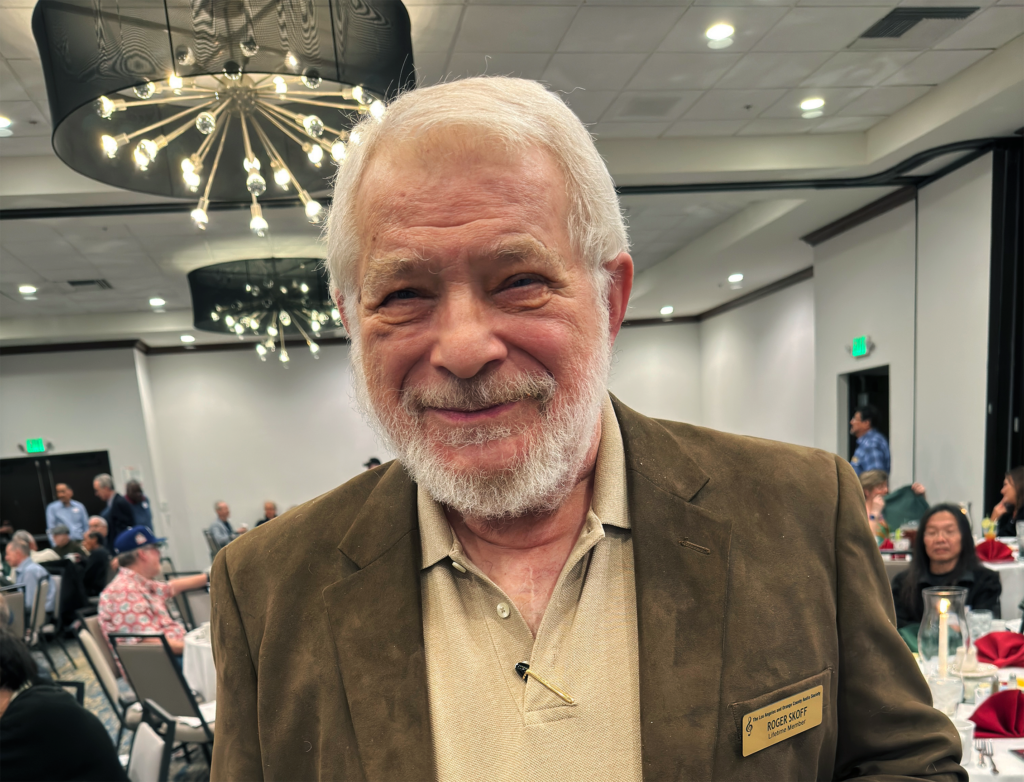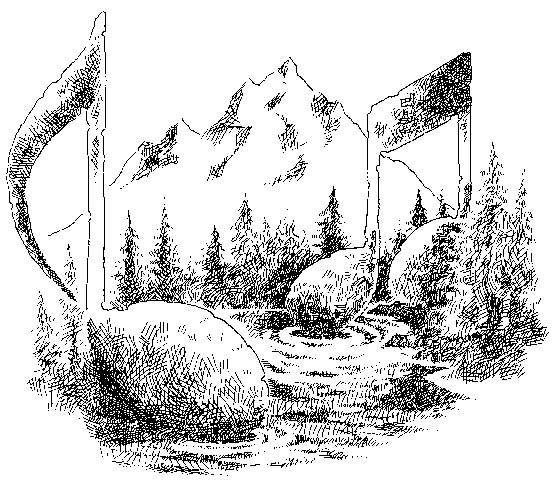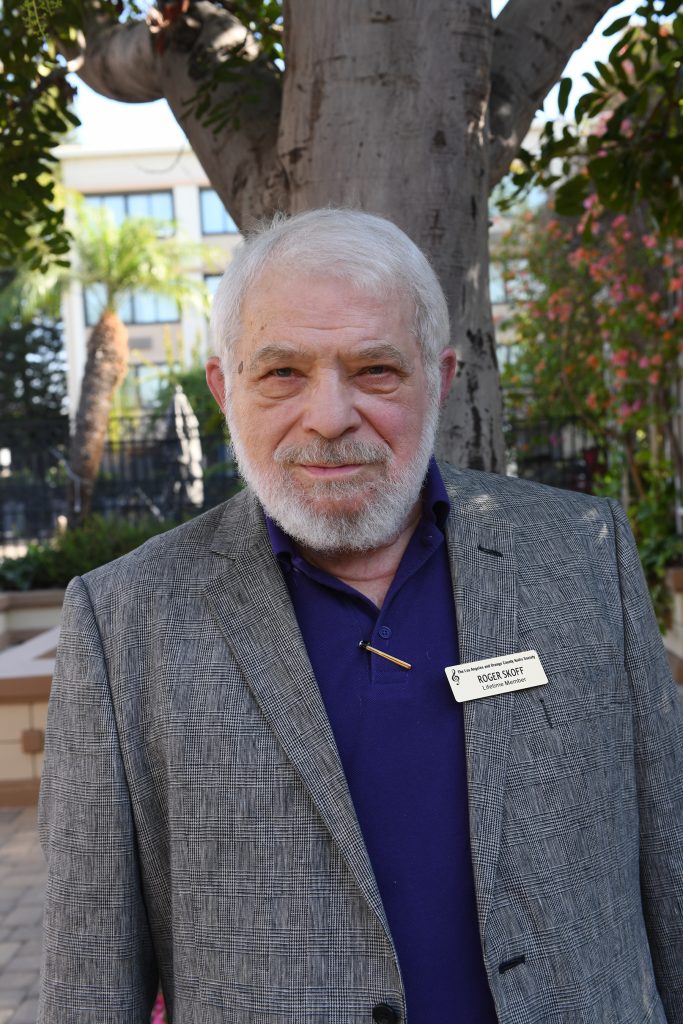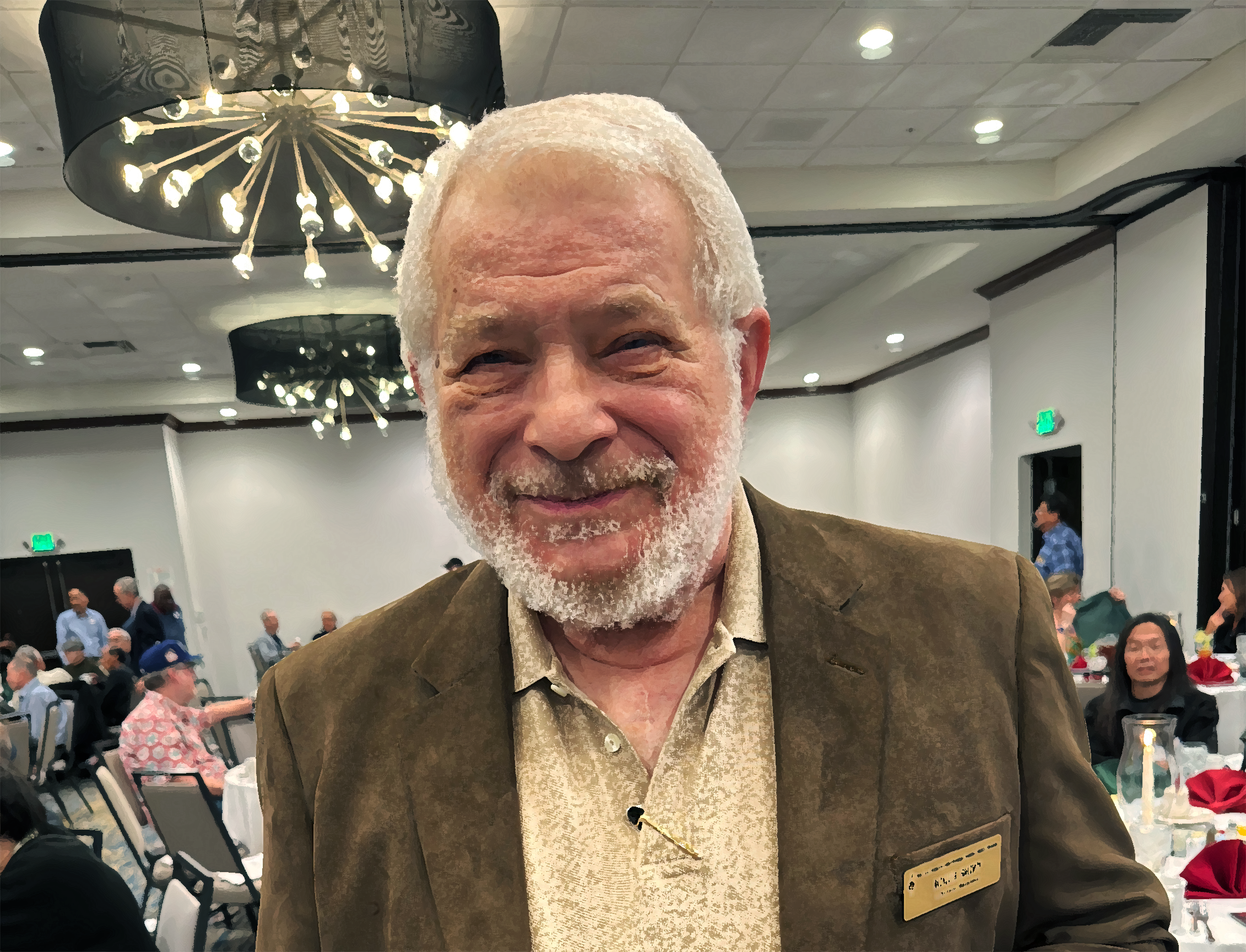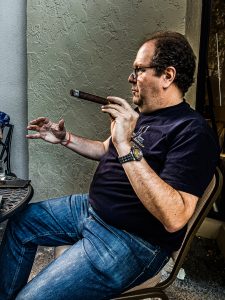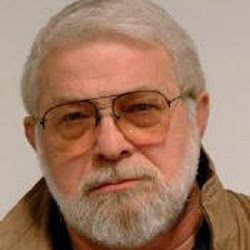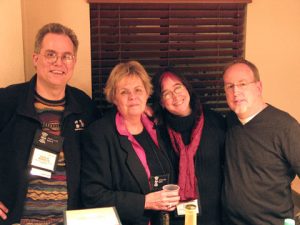Roger Skoff writes about a game that could save a valuable part of our culture...
As many of you probably know by now, I like and listen to just about every kind of music: everything from opera to Tuvan Throat-singing, to Mexican Rancheras, to Russian folk songs (which are just like Mexican music in that both love to sing about the great time they're having being miserable), to Pink Floyd or the Beatles, to Doo-Wop (love me them Coasters, the Diamonds, the Platters, and all the rest) to R&B and Soul (I consulted for a while to Motown), to Country & Western, to Gospel, to practically anything else you can think of except…Hip-Hop.
Of all the various kinds of music, though, my "go to" choice has always been classical. When I really want to get into the music, classical music, with as much as hours of program length per performance and anything from a single soloist to a thousand performers, (Yes, really, a thousand! Think of Mahler's Symphony Number 8, the Symphony of a thousand HERE) is, regardless of how much I may like other musical forms, able to do far more for me, musically, dynamically, and emotionally, than even the most talented four guys singing and playing guitars and a drum kit.
And, when I don't want to actually listen to the music, but just want something as a background to whatever else I might be doing, classical music, without a driving beat or catchy lyrics, is also the easiest to ignore and just concentrate on what I'm doing.
That all started when I was just a kid—a young kid—and my parents, if it wasn't the news, had KFAC, LA's then-classical music station, playing on the (AM) radio all the time, and I've grown up keeping that habit—at least as it applies to radio—pretty much intact.
The result of it is that—and please realize that this isn't a brag, but a complaint—I have, at some time over the last many decades—probably heard every piece of classical music to ever make it to the radio playlists and heard it many times. This means that, if there's a piece of classical music playing on the radio (FM, now) at home or in my car, I probably recognize it. Unfortunately, though, because you can't always hear (or they may not always make) the announcement of what you are or were listening to, there are a whole lot of things that I recognize and may even be able to whistle or hum along with but have no clue at all as to what they are or who wrote them.
Actually, that's not really true, and it may be important for all kinds of reasons.
The truth is that there are always clues available for the person who is willing to listen. First off, a great many composers have distinct personal styles to their compositions and can be spotted that way. Mozart, for example, is usually pretty easy to recognize, as is Vivaldi, or Beethoven, or Aaron Copland, or Strauss (Johann, the waltz king, not so much Richard, even though everybody certainly recognizes the theme from 2001 [Also Sprach Zarathustra]). And anybody at all can tell the difference between Baroque music and that of the Romantic period or music written in the Twentieth Century.
To a very substantial degree, it's also easy to spot music by nationality. Nobody would mistake music by modern Mexican composer Carlos Chavez for that of Polish composer, Chopin, or the Russian composers, Prokofiev or Shostakovitch. And there are even "similarities of difference" that can be used for identification. If, for example, a classical period work is Germanic-sounding and isn't by Beethoven, there's a reasonable possibility that it might be by Franz Schubert. On the other hand, guessing the nationality of a piece of music can, at times, also be tough: Tchaikovsky and Shostakovitch, although both are Russian, and Shostakovitch occasionally borrows a theme that might sound like Tchaikovsky, (he also borrows from the Italian composer, Rossini) are from different stylistic periods and tend to sound nothing at all alike.
Where all this is going is simple: I got into the habit, long ago, of—whenever I hear something on the radio or as the background music for something in a movie or on television—trying to guess as much about it as I can, and giving myself mental "points" for every time I get something right.
Because it's fun, as my daughter grew up and we occasionally found ourselves listening to music together, I brought her into the game (which we named "Call It"), giving her one point for every time she got something about a piece of music right. On Bach's second Brandenburg Concerto, for example (an easy one), she'd get one point for Bach (Johann Sebastian), one for knowing that it was one of his Brandenburg Concertos, one for knowing which one, one for knowing that the music was from the Baroque period, one for knowing that it was German, and one more for each other correct thing she could tell me about it.
Even if she got nothing else right about a particular piece of music (very rare), she could still get a point for knowing that it was, for example, a concerto (or whatever else it might bevin the case of the Brandenburgs, it was really a "Concerto Grosso") or from whatever country, or whatever time period, or was in whatever style.
That did all kinds of good and worthwhile things for us and for her. For one thing, it was a great way to pass time in the car—far better than the usual "count-the-whatevers," singing, or other car games for a long trip. For another, it drew us together by developing a common interest. Still another was that, because it was a game and it was fun, it encouraged her to get interested in classical music and to get good at the game so she could win more points. It also gave her something to feel special about and to tell her friends about at school and elsewhere—and possibly even to get them to play, too.
It worked; it drew me and my daughter closer; it made her feel smarter and more confident; and it got her into and proud of her knowledge of classical music (and maybe even other kinds of music, as well).
When you stop to consider that music is one of humanity's highest art forms and that classical music is not only one of its highest expressions, but the source of and the best tool for most of the formal training for musicians (think how limited a musician would be, regardless how talented, if he couldn't read or write music), it seems obvious that anything at all—like a game of Call It!—that can get people interested in, learning about, or learning to play music is a benefit to our culture and an important addition to our lives.
Also, because there are few things in all of music that are more stirring, impressive, or just plain "wow!" than a full tutti crescendo by a 120 member symphony orchestra (try Tchaikovsky's 1812 Overture, for example, complete with cannons, and you'll know what I mean!) and because nearly all of those thrilling sounds are available on recordings, to be enjoyed by anyone possessed of the proper gear, classical music becomes a great way to lure people into, or to demonstrate for others, our HiFi hobby.
If you've got kids, teach them to play "Call it!" (even for other kinds of music, if that's your thing). Or, if they're already grown up, get them to teach it to their kids. Get everybody you know to play it. It's fun, it's cultural; it'll help to preserve our musical heritage (and maybe even start someone on the path to new musical creation.) It's a Win/Win, no matter how you look at it!
Now go turn on the radio, find a classical music station, listen to what they're playing, and "Call it"!
Photographic portrait and image processing by David W. Robinson; drawing by Bruce Walker.




